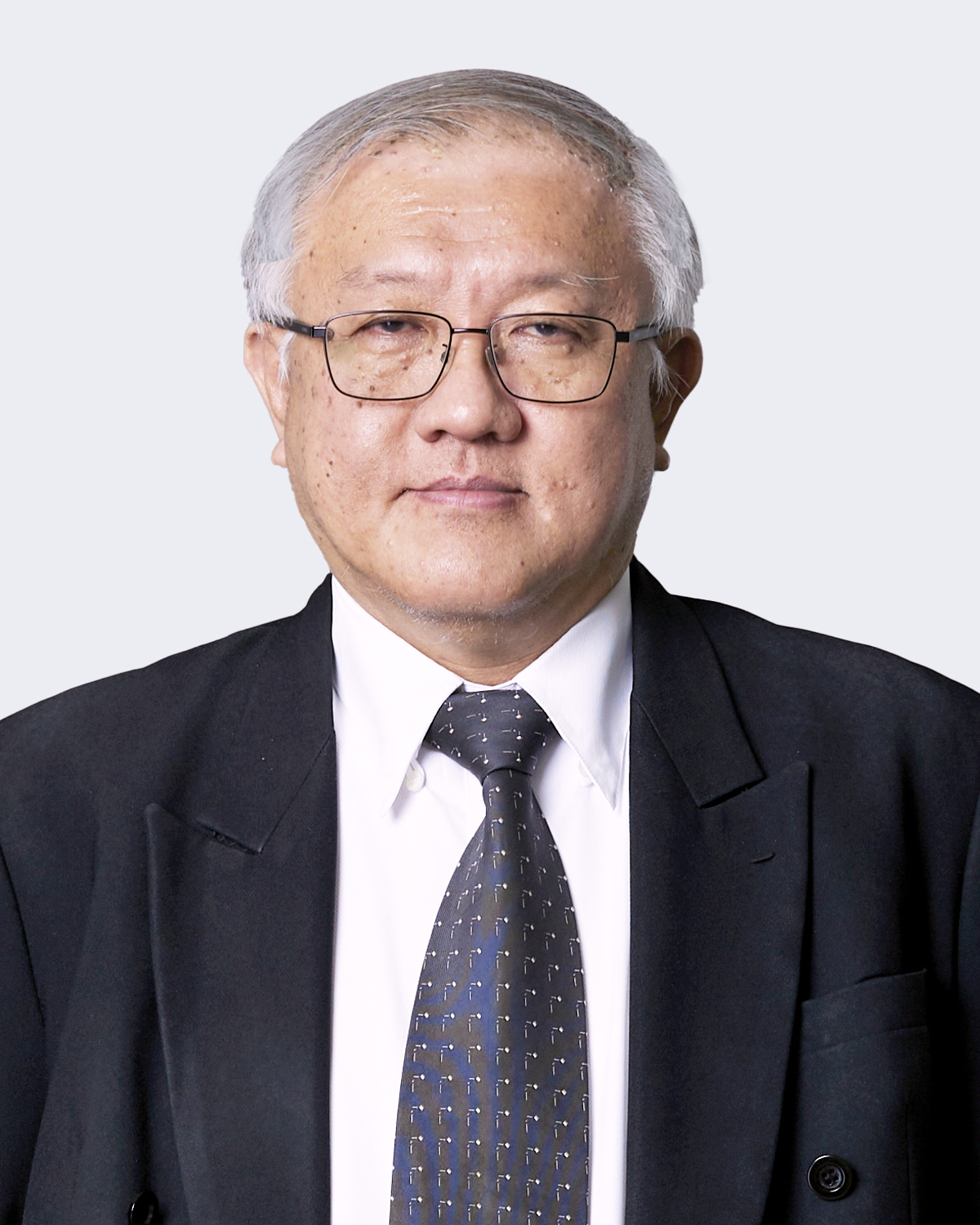With reference to the concession agreement form, as issued under the Ministerial Regulations of the Ministry of Energy regarding the Form for the Designation of a Concession Agreement B.E. 2555 (2012) (“Ministerial Regulations re: the Concession Agreement Form”), the form includes a provision that is related to dispute resolution by arbitration, as set out in Clause 13 of the Concession Agreement.
The principle here applies to scenarios in which (1) a dispute arises in connection with the Minister’s instructions, which requires the concessionaire to rectify a circumstance that constitutes grounds for revocation of the Concession under Section 52 of the Petroleum Act B.E. 2514 (1971), or (2) a dispute exists in respect to the question of whether or not there has been full compliance with the provisions of the Concession, and the parties cannot reach a mutual settlement within 60 days from the date on which one party issued a notice to the other party. In such a scenario, both parties shall settle the dispute through arbitration in accordance with the Arbitration Rules as prescribed by the United Nations Commission on International Trade Law (“UNCITRAL Arbitration Rules”). The version of the UNCITRAL Arbitration Rules to be used is the version that is valid on the date the dispute was submitted to the arbitrators.
This principle differs from the previous Concession Agreement Form that was issued under Ministerial Regulation no.4 (B.E. 2514) (1971) and Ministerial Regulation no.7 (B.E. 2532) (1989). This stipulated use of the arbitration rules of the International Court of Justice (“ICJ Arbitration Rules”), which still bind the parties that entered into such concession agreement.
Settlement of a dispute through arbitration is a type of dispute resolution whereby the parties can mutually agree to have a third party, which could either be a sole arbitrator or a group of arbitrators who have specific knowledge and expertise about the disputed issue, act as the person(s) who will consider and decide on the civil dispute that has arisen. Settlement of disputes through arbitration has many advantages, such as (1) offering a convenient and fast process; (2) having few complicated steps involved; and (3) enabling decision-making by persons with specific expertise. In addition, arbitration proceedings remain confidential, and therefore, business information and the reputation of the parties are still maintained. Furthermore, arbitration awards are also enforceable in many countries.
In respect to the award rendered by the arbitrators, the Ministerial Regulations also specify conditions in the Concession Agreement Form that require the arbitrators to take into account the laws of Thailand, and the principles of international laws that may be applicable, and also determine whether the expenses and fees of the arbitrators shall be borne solely by either party or shared proportionately by both parties. The award has to be rendered in writing and specify the reasons for the decision. The award shall be final and binding on both parties.
With reference to the Concession Agreement Form, the place of arbitration shall be in Bangkok, Thailand, unless the parties agree otherwise. The language used in the arbitration procedures shall be in Thai, except where both parties mutually agree to use English.
In addition, the Concession Agreement Form also designates those matters that shall not be referred to arbitrators, which are as follows: (1) criminal offences under the Petroleum Act B.E. 2514 (1971); (2) disputes in connection with the Petroleum Act B.E. 2514 (1971) where the concessionaire has initiated proceedings in a Thai court; and (3) disputes on rulings, or orders, which are treated as final under the Petroleum Act B.E. 2514 (1971).
In conclusion, the clause relating to dispute settlement through arbitration in the Concession Agreement Form designates the rules, form, process, place, and language to be used in the proceedings for the purpose of clarity in the dispute resolution. Arbitration procedures also provide advantages that can help expedite dispute settlements, reduce complicated procedures, and experts to issue awards on the disputes in question. In addition, the arbitration proceedings also serve to maintain full confidentiality regarding the business information of the parties involved.
This article first appeared in the April 2019 edition of PTIT Focus, the Petroleum Institute of Thailand’s monthly newsletter. The article was published in both English and Thai. For the original publication, please see the PDF below.








